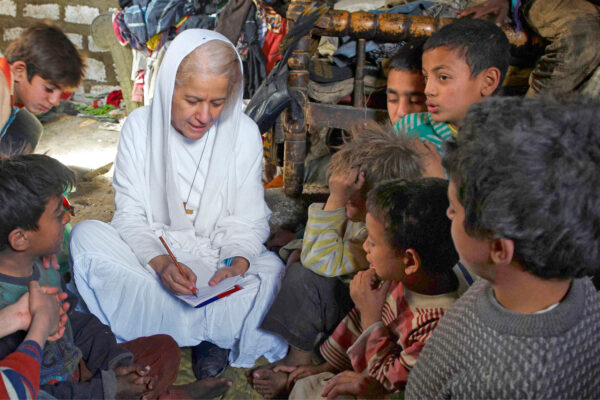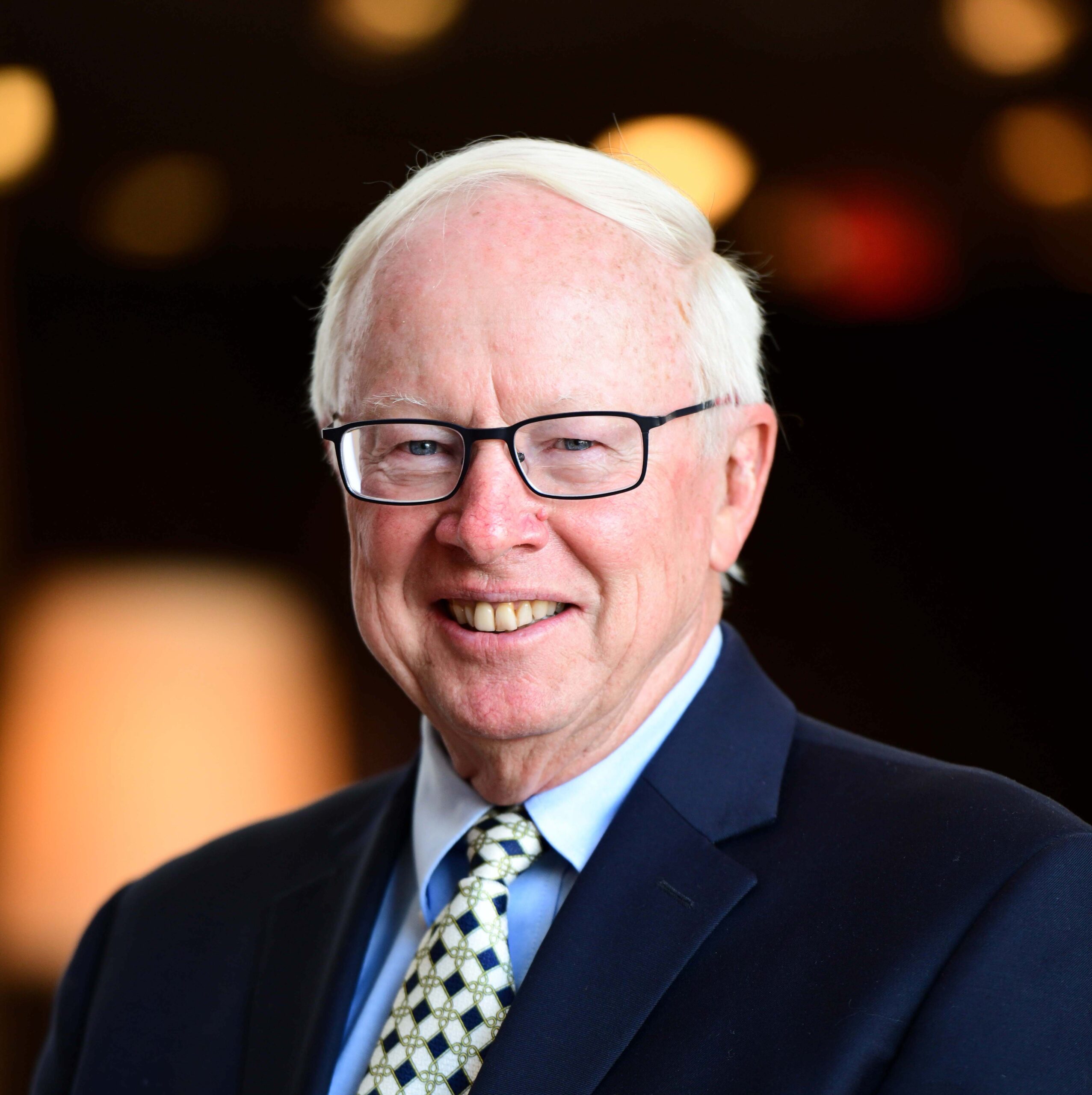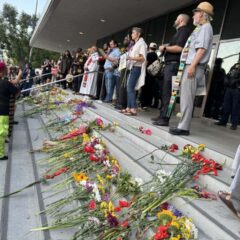This article was originally published on Religion News Service, with the support of CRCC’s global project on engaged spirituality.
Media stories about religion often focus on corruption in religious institutions, politicians’ alliances with conservative Christians and institutional abuses of power. These important stories need to be reported. But there is another dimension to religion that makes an impact on our society: Religious values inspire people to confront difficult social problems, their beliefs help them reframe issues in hopeful and life-affirming ways and their spiritual practices sustain them in their struggles.
Several years ago, I went looking for stories that captured the social dimension of religion and spirituality, and I was struck by how often humanitarian work is led by religious people — as much as 90%, according to research done by Anne Colby and William Colby for their 1992 book “Some Do Care: Contemporary Lives of Moral Commitment.”
My search eventually turned into a project at the USC Center for Religion and Civic Culture. Following the lead of William James, one of the founders of American philosophy and psychology, I decided to draw on the experience of exceptional individuals — those people James called religious geniuses, whose experience he believed told us much more than that of average people.
Working with several dozen freelance journalists around the world, my team at USC has identified and profiled 104 “spiritual exemplars” who are engaged in notable humanitarian work inspired by their faith, representing 13 traditions from 42 different countries.
Here are a few of those we profiled:
Tom Catena is the only doctor for a population of nearly a million people in the Nuba Mountains, in Sudan. He is an evangelical Catholic whose first stop every morning at 6:30 a.m. is Mass before he heads to rounds and surgery.
Mama Maggie runs a huge program for children and families who live in the slums of Cairo that includes 100 nursery schools. A Coptic Christian, she spends up to two months a year in a local monastery praying for the children and the program — with her cell phone nearby to consult with her staff as issues arise.
Kushil Gunasekera left his successful career in sales to serve more than 400,000 people in 400 villages in Sri Lanka, providing scholarships and computer training to young people, paying medical costs for the elderly and upgrading living conditions, risking his own financial solvency. Living by a credo of “the more you give, the more you have to give,” the Buddhist Kushil credits his daily 30 minutes of meditation for helping to sustain his motivations for good.
We found that there is sometimes a shadow side to many of these humanitarians. They suffer from vicarious trauma and they have a potential for burnout. But their example offers a wellspring of information on the effect of religion and spiritual practice on humanitarian work.
There are common spiritual practices that cross faith traditions: Prayer, meditation, corporate rituals, daily periods of study and reflection and regular retreats. These practices tend to develop a unique “heart,” full of compassion, empathy, selflessness, courage and humility. The “grit” the exemplars demonstrate may be somewhat genetic but is also learned.
At the same time, spirituality is not a distinct quality that can be separated from the other influences in their lives — family upbringing, interaction with mentors and the supportive network of a community. Spirituality seems to be the sea within which these unique individuals swim.
In spite of their challenging environments, spiritual exemplars are highly resilient. Their beliefs function to reframe their circumstances in a redemptive way, offering a vision of hope and possibility, further reinforced by spiritual practices. Indeed, the anthropologist Tanya Luhrmann says that we don’t practice because we believe, but we believe because we practice.
Scholars sometimes make the distinction between intrinsic and fundamentalist religion that is authoritarian. The exemplars we have studied fit the category of intrinsic religion. The Rev. Greg Boyle, a Catholic priest we profiled, measures all beliefs by whether they are loving, not whether they are part of the dogma of the church. This conviction guides the efforts of Homeboy Industries, the largest gang intervention and prison reentry program in the world.
James believes that there are multiple levels of consciousness including fantasy, dreams, theoretical reflection and awareness of an unseen reality connected to religious faith. Spiritually motivated humanitarians are greatly aware of that reality beyond the material world.
Spiritual practices trigger this access to a non-material world, a consciousness of ideal relations associated with the sacredness of all beings, the rights and dignity of all persons and hope and possibility regardless of the circumstances. This realm of consciousness becomes “real” in engaged spirituality — when prayer and contemplation connect helpfully with people in need.
Cynics view the realm of “faith” in the unseen — to use James’ terminology — as mere “illusion” or an “opiate” to calm the pain of the oppressed. A philosophical pragmatist, James says the proof is in the pudding. It is not the “roots,” he said, but the “fruits” that count when assessing religion: Children cared for, gang members transformed, lives saved all point to the reality of the vast variety of religious experiences.
The philosopher Linda Zagzebski has argued that exemplary individuals contribute to moral discourse and ethics because their lives and actions are worthy of emulation. They evoke an emotional response, said Zagzebski, that draws us to emulate them.
Negative coverage of religion by the media is necessary and useful because it provides a critique of “extrinsic” religion — religion that is corrupt and authoritarian. But something is lost if that is the primary coverage of religion. At this moment in human history, which seems overly focused on cynicism, we need heroes to emulate. Heroes who have figured out some of the levers of resilience. Heroes who give themselves to a cause and have found purpose and meaning in their work.
One place to look for such heroes is among people committed to humanitarian work who are inspired by their faith, sustained by their spiritual practices and reframe each day with hope and possibility because of their beliefs in an unseen reality.
Click here to read the article on Religion News Service.
Donald E. Miller is the co-founder of the USC Center for Religion and Civic Culture.





